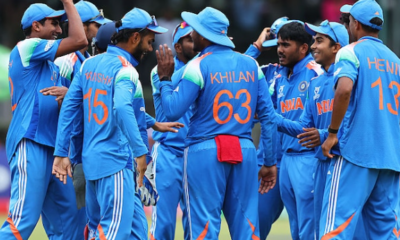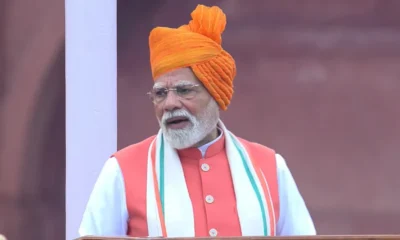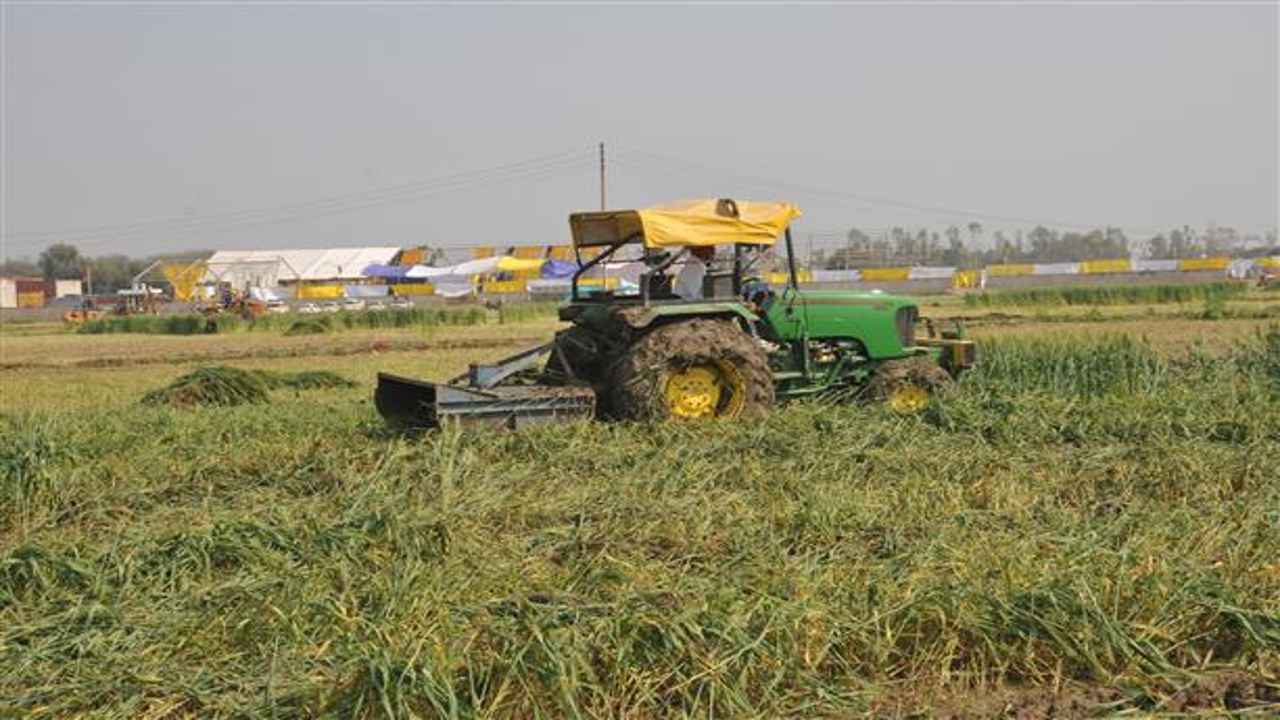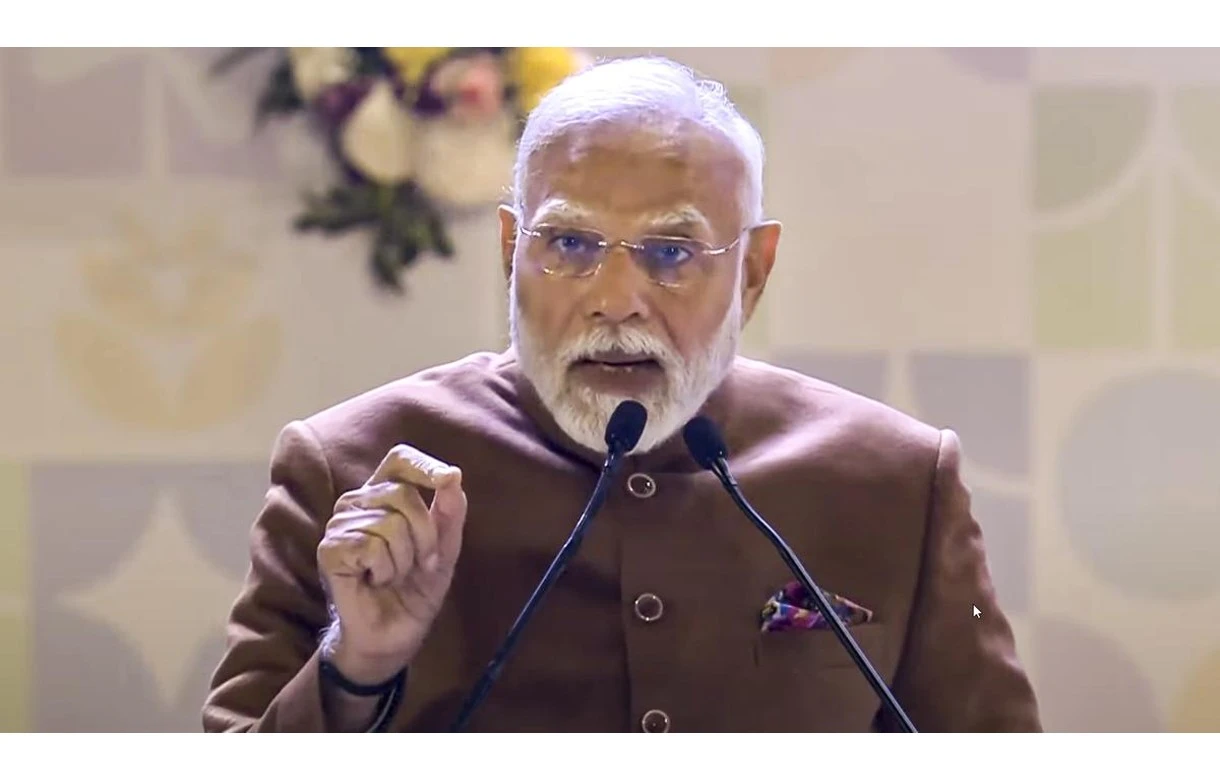India News
India, Pakistan call envoys to protest ceasefire violations

India News
Centre reassures farmers as India-US trade deal nears completion
The Centre has assured farmers that the upcoming India-US trade deal will not harm agriculture or dairy, while creating new export opportunities for India.
India News
Punjab AAP leader Lucky Oberoi shot dead in daylight attack in Jalandhar
AAP leader Lucky Oberoi was killed in a daylight shooting in Punjab’s Jalandhar after attackers fired multiple bullets at him while he was inside his car.
India News
Pariksha Pe Charcha 2026: PM Modi to interact with students at 10 am today
PM Modi will address students across India at 10 am today as part of Pariksha Pe Charcha 2026, focusing on stress-free examinations and learning.
-

 Latest world news18 hours ago
Latest world news18 hours agoBangladesh rushes to finalise US trade deal after India secures lower tariffs
-

 India News19 hours ago
India News19 hours agoPariksha Pe Charcha 2026: PM Modi to interact with students at 10 am today
-

 India News18 hours ago
India News18 hours agoPunjab AAP leader Lucky Oberoi shot dead in daylight attack in Jalandhar
-

 Latest world news12 hours ago
Latest world news12 hours agoSuicide bombing at Islamabad shrine kills 10, over 20 injured
-

 Cricket news13 hours ago
Cricket news13 hours agoVaibhav Suryavanshi’s record 175 puts India U19 on course for massive total in World Cup final
-

 India News13 hours ago
India News13 hours agoCentre reassures farmers as India-US trade deal nears completion
-

 Latest world news8 hours ago
Latest world news8 hours agoSuicide bombing at Islamabad imambargah kills 69, over 160 injured
-

 Cricket news7 hours ago
Cricket news7 hours agoIndia wins sixth U19 World Cup title with dominant 100-run win over England
















